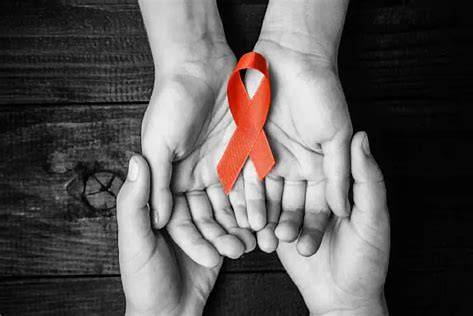HIV symptoms in adults
HIV symptoms in adults
In the first few weeks after infection, a person may have no symptoms or may develop a flu-like illness with fever, headache, skin rash or sore throat. For most people, the symptoms go away without treatment and HIV infection does not manifest itself in any way for several years. Some people can generally live for more than 10 years without symptoms, and a positive HIV test result may be discovered by chance during a doctor’s visit, for example before a planned operation.
People with HIV are most contagious in the first few months after infection, but many do not know their HIV status until later.
As the infection gradually weakens the immune system, a person may develop other signs and symptoms, such as swollen lymph nodes, weight loss, fever, diarrhoea and a cough. Without treatment patients can develop serious illnesses such as tuberculosis, meningitis, severe bacterial infections and cancers such as lymphoma and Kaposi’s sarcoma.
The most reliable way to detect HIV infection is a laboratory test. Don't guess whether or not you have HIV. Get help and advice from a specialist.



